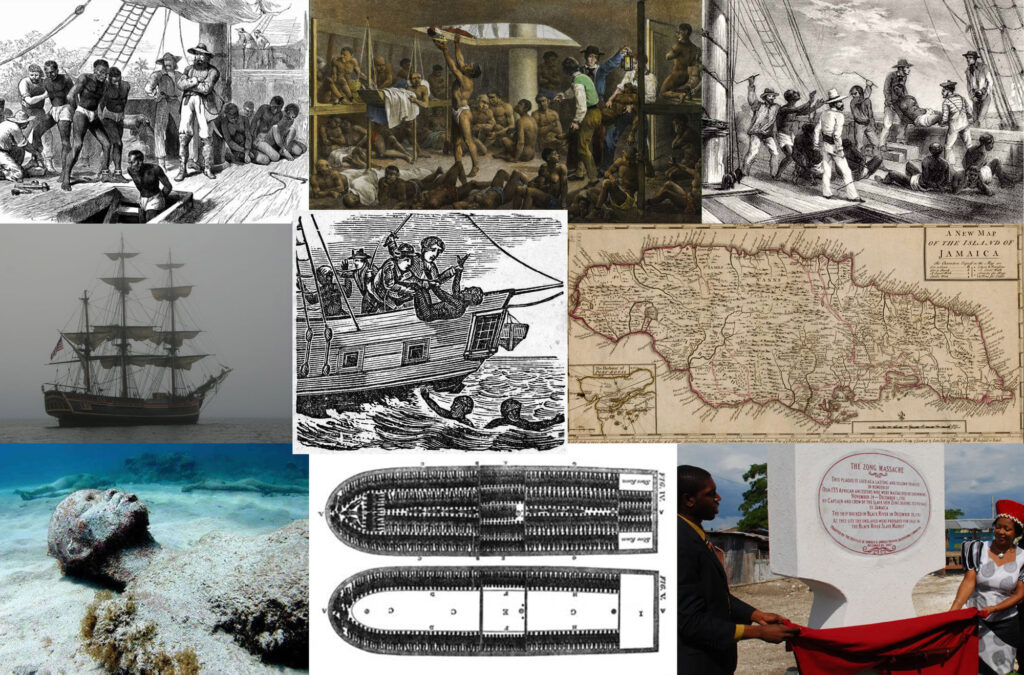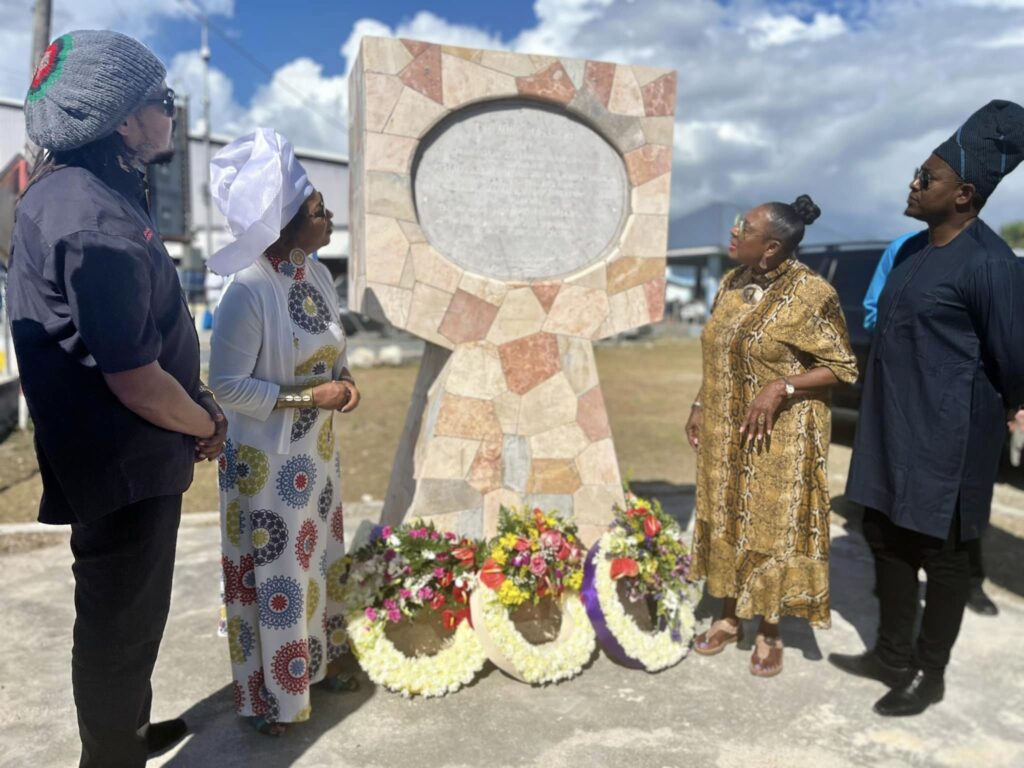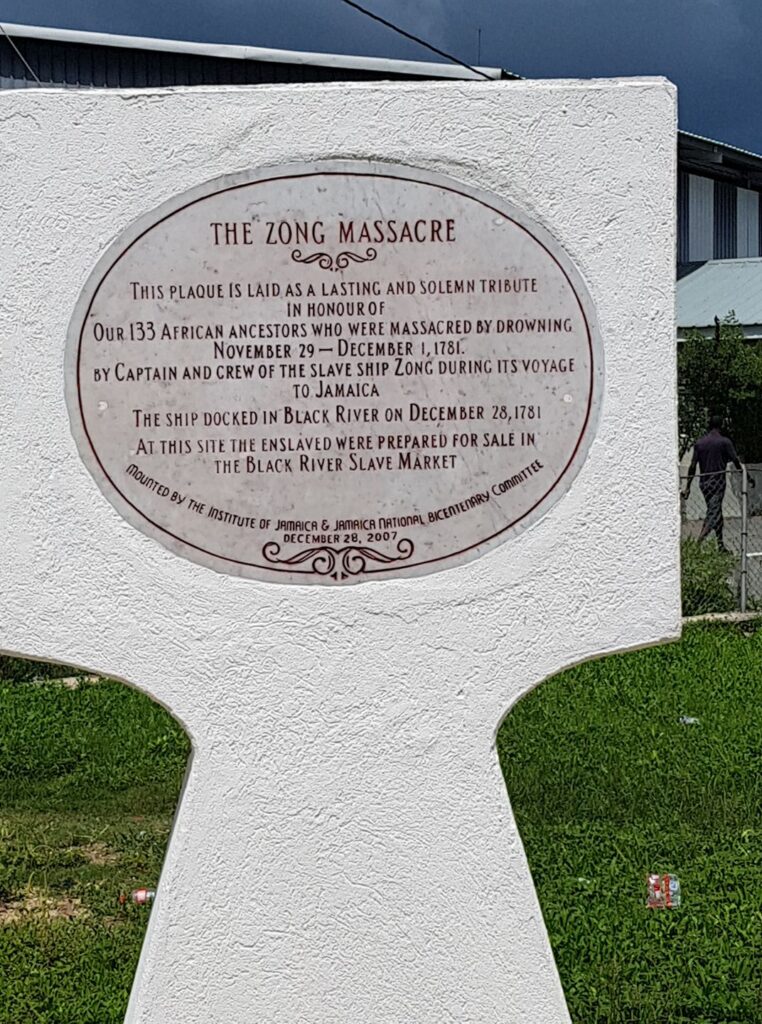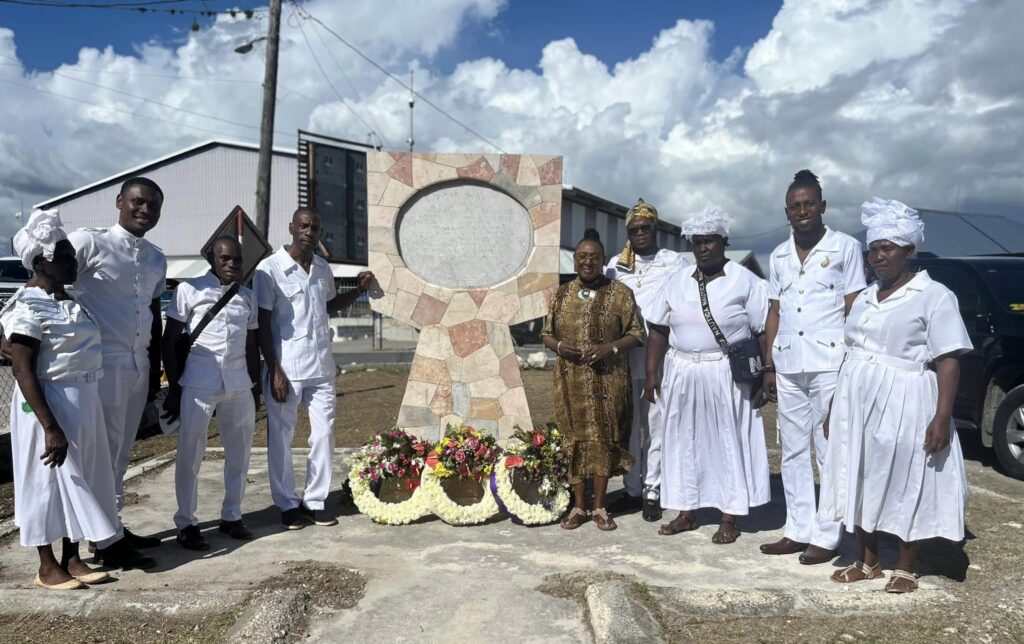
On December 22, members of the public in St. Elizabeth, Jamaica, gathered to commemorate the Zong Massacre of 1781, a tragic event that saw more than 130 enslaved Africans thrown overboard from the British slave ship, the 'Zong.' The Ministry of Culture, Gender, Entertainment and Sport, along with various agencies, organized a Wreath Laying Ceremony to honor the victims of this horrific act. As the world reflects on the significance of the Zong Massacre, it serves as a reminder of the brutal realities of the transatlantic slave trade and the resilience of those who fought against it.

The Zong Massacre: A Dark Chapter in History
The Zong, a British slave ship, set sail from the coast of Africa on September 6, 1781, carrying 470 enslaved Africans. The ship, captained by Luke Collingwood, was overloaded beyond its capacity to maximize profits. By November 29, sickness had claimed the lives of many enslaved individuals, and the ship found itself stranded in the mid-Atlantic's "Doldrums" due to a lack of wind.
Desperation led Collingwood to make a horrifying decision. In an attempt to save the ship and enable the ship owners to claim insurance for the loss, the crew jettisoned 132 sick and dying slaves overboard during the following week. Another 10 slaves chose to defy their oppressors by throwing themselves into the sea.
Upon the Zong's arrival in Jamaica, the ship's owner, James Gregson, filed an insurance claim, arguing that there was not enough water to sustain both the crew and the enslaved individuals. The insurers disputed the claim, stating that the ship had sufficient water when inventoried in Jamaica. Shockingly, the Jamaican court ruled in favor of the owners in 1782, sparking public interest and catching the attention of abolitionists in Great Britain.

Abolitionist Response and Legal Proceedings:
The Zong Massacre became a rallying point for abolitionists, notably Granville Sharp, a leading figure in the movement. Sharp used the tragedy to increase public awareness about the inhumanity of the slave trade, coining the term "massacre" to describe the events. The case ignited a legal battle, with the insurers appealing in 1783. The ensuing court proceedings revealed the brutal details of the massacre.
The legal dispute had significant repercussions, leading to the establishment of the non-denominational Society for Effecting the Abolition of the Slave Trade in 1787. In 1788, Parliament passed the Slave Trade Act, its first legislation regulating the slave trade, limiting the number of slaves per ship. In 1791, insurance companies were prohibited from reimbursing ship owners for enslaved individuals murdered at sea.

Painting by Richard Hugh Blackford
Impact on Abolitionist Movement and Subsequent Legislation:
The Zong Massacre had a profound impact on the abolitionist movement. The horrific events served as a powerful symbol of the Middle Passage's horrors, leading to increased efforts to end the transatlantic slave trade. In 1807, the British Slave Trade Act abolished British participation in the African slave trade, a crucial step toward ending the inhumane practice.
Subsequent legislation, such as the Slave Trade Act 1788 and its renewal in 1794, aimed to regulate the trade and address the deplorable conditions aboard slave ships. The tireless efforts of abolitionists, including Granville Sharp and William Wilberforce, eventually culminated in the Slavery Abolition Act of 1833, marking the end of slavery throughout the British Empire.

Remembering the Zong Massacre Today:
In 2007, events were organized to commemorate the 200th anniversary of the British Slave Trade Act 1807, which marked the abolition of British participation in the slave trade. A monument honoring the enslaved Africans of the Zong was erected at Black River, Jamaica. Additionally, a sailing ship representing the Zong sailed to Tower Bridge in London as part of the commemoration.
The Zong Massacre continues to be remembered and honored, not only as a dark chapter in history but also as a catalyst for change. The resilience of those who fought against the atrocities of the slave trade serves as a testament to the strength of the human spirit and the enduring pursuit of justice and equality. As we reflect on the Zong Massacre, let it be a solemn reminder of the importance of acknowledging past injustices and working towards a future free from oppression and discrimination. #RememberZong #ZongMassacre #DayOfRemembrance
